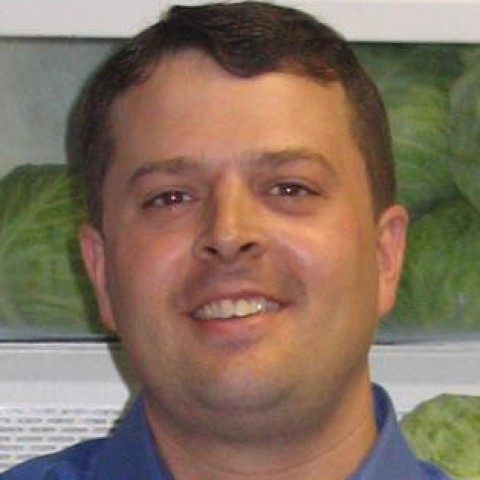Food will continue to be an emotional hot-button for people in 2004, as it has been for thousands—if not millions—of years.
Our first, and safest, prediction is that the world's farmers will again produce record amounts of food, and that hunger will be a severe problem only in the (fortunately) few places impacted by civil war (Sudan, Liberia) and/or harshly despotic governance (North Korea, Zimbabwe).
We predict that the huge and historic human problem of soil erosion will get worse in Third World countries with rising populations and shortages of fertilizer. Soil erosion losses will keep declining in First World countries where high yields produce more food from less, and chemical weed killers help conservation tillage cut erosion per acre by 65-95 percent.
Biotech crops will be planted on millions of additional acres in 2004, with most of the expansion on small farms in the Third World. Millions of Chinese farmers have already doubled their incomes with pest-resistant biotech plants, and last year the biotech seeds surged in popularity in both India and the Philippines increasing corn and cotton yields by up to 80 percent. Brazil will start openly producing biotech soybeans in 2004, instead of bootlegging the genetically modified seeds from Argentina. Researchers are seeking field trial permission in tropical Africa, where pest-resistant crops could be enormously beneficial.
We predict that organic food will continue to supply only a tiny proportion of America's food in 2004, at ultra-high prices. One reason: California is trying to outlaw hand weeding as a needless and cruel risk of back injuries to farm workers. Without hand hoes, organic farmers have virtually no way to keep weeds from taking over many of their crop fields.
We predict farm subsidies will continue to hold the world in bondage for the foreseeable future. The World Trade Organization talks on phasing the subsidies out collapsed last year and there is no restart in sight. Taxpayers in the United States and Europe will continue to waste hundreds of billions of dollars on farm payments and price supports. U.S. farmers, who should be exporting food to densely populated Asian countries with rising incomes, will instead turn their corn into ethanol (without benefit to the environment). Poor consumers in the Third World will pay 50 percent more for their food because of import barriers set up by their governments to bar "dumping" of First World food surpluses. Everybody will lose.
One reason for the high global food production will be high levels of CO2 in the atmosphere, stimulating the world's crop yields. Researchers think as much as 10 percent of the world's recent crop yield gains have been due to more CO2 in the atmosphere. (It's like giving a human athlete more oxygen.) No nation in the world is significantly constraining CO2 emissions, and 13 of the 15 EU nations will apparently miss their Kyoto emissions targets.
Have human CO2 emissions raised the world's temperatures? Probably not by much, if at all. 1) Humans emit only about 3 percent of the world's CO2 production. 2) The world in the 12th century was warmer than today, even though CO2 levels were much lower then. 3) The biggest recent jump in world temperatures occurred between 1920 and 1940-when human CO2 emissions were about one-sixth of today's and industry was stifled by the global Great Depression.
We predict that, for most of our readers, the big food challenge of 2004 will be to avoid overeating. Real food prices will continue to decline slowly but steadily, as they have for 200 years. We'll spend less than ten percent of our family incomes this year on food-including restaurant meals!
Unfortunately for our waistlines, technology will enable us to get by in 2004 with even less physical work than last year. Machines and computers will replace even more hours of human labor. Gizmos like swiffer-mops, snow blowers, riding lawn mowers and Internet shopping sites will enable us to live with less and less physical exertion.
That sets up our final fearless prediction: America's national waistline will continue to expand in 2004-because we aren't serious enough yet about eating less and exercising more. I remain thankful that I live in a society where that's the most serious food problem.



















